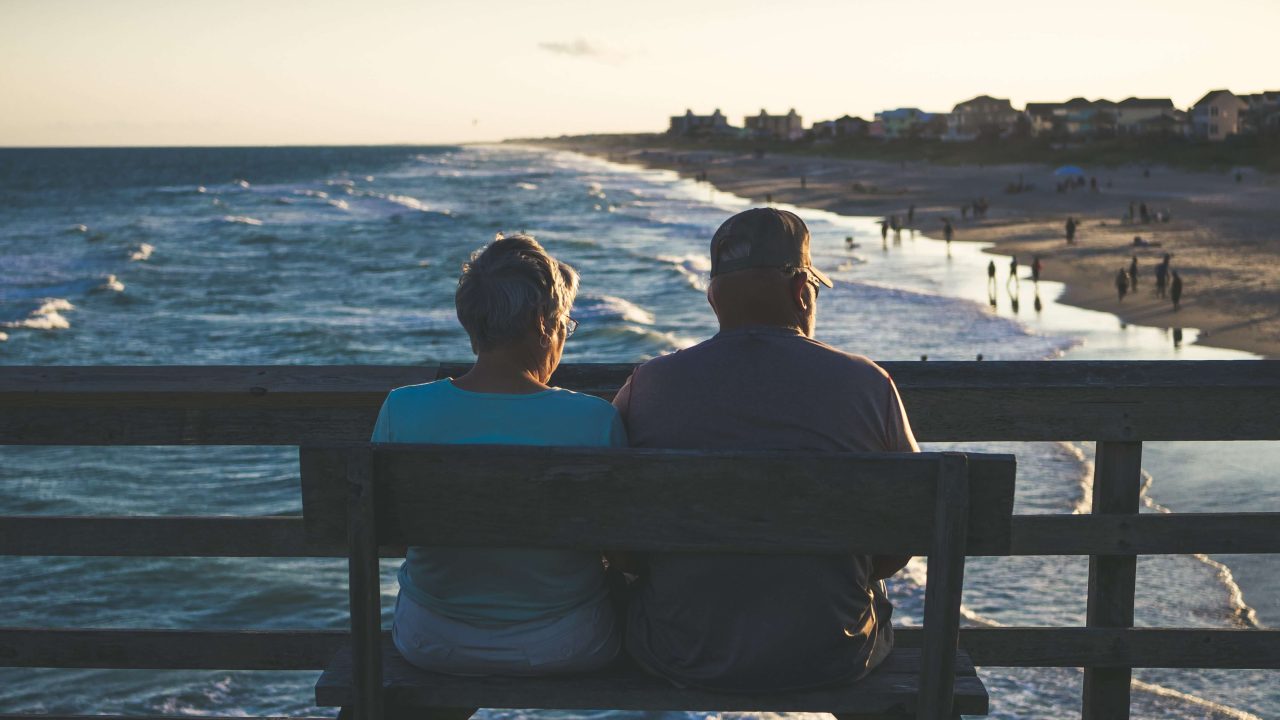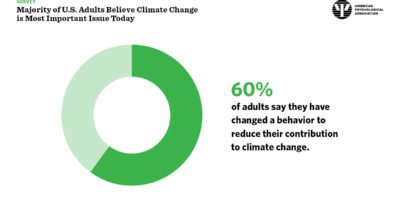The last of the baby boomers turned 57 this year.
The first baby boomers will turn 75. Those born before them are called the greatest generation.
These generations saw the Berlin wall go up in the early ‘60s symbolizing the cold war, they fought for Civil Rights and saw the 1964 Civil Rights Act change America. They lived without computers, without cell phones and they make up 23.5% of our population.
Although they have endured throughout the generations, they are some of the most at risk for the coronavirus.
According to the CDC those between the ages of 65-74 are five times higher risk of hospitalization and 90 times higher risk of death. Those between the ages of 75-84 years old are at eight times higher risk of hospitalization and 220 times more likely to die of COVID-19. Individuals over the age of 85 are 13 times more likely to be hospitalized and are 630 times more likely to die from the virus.
How is this prognosis and the isolation affecting the elderly?
It seems the older generations are reported to handle the stress of COVID-19 more effectively than those younger than them. The disparity may be explained by the lower stress levels due to fewer work conflicts. Living in your more mature years also gives a person the perspective that difficult times eventually pass, and resiliency is developed during these hardships. Older individuals grew up without the immediate gratification of younger generations.
The social isolation we are all experiencing now is the same isolation the elderly feel regularly, even when there is not a pandemic.
The term “Blursday” was coined from our inability to recollect what day it is since they all lack structure or interaction with others. This is a common experience for the elderly.
This is an opportunity: what can we do to help them cope?
One of the elderly individuals I see loves greeting cards. She says she collects them and reads them when she is feeling lonely. Consider picking up some greeting cards to send to friends or family members who may feel isolated.
Better yet, take the time to make your own.
You’ll use your creativity (another proven stress reliever) and make someone smile.
Letter writing is no longer a large part of our culture. However, if you grew up with it, it offers a feeling of being valued and remembered. Take a few minutes to hand-write a letter to someone. It’s another cathartic, creative activity for you and you’re sharing your story with someone who may need a glimpse into someone else’s life. It could start a treasured dialogue, too.
Use technology to set up a slideshow of photos through the years.
This offers a great tool to allow your loved ones to remember their accomplishments and watch themselves grow up before their own eyes; and you’re capturing your family history, too. This can spur memories and initiate storytelling. We can also learn about their history and the history of their time.
Even when we reach out, some folks may still need more than our interaction. Spectrum Health is here to help, with activities on our Community of Caring, in-person counseling, and tele-health, too.
We’re enduring higher levels of stress and lack of social stimulation: we can take a few lessons away from our older generations.
By sharing our similar experiences in isolation, we can learn from difficult situations as well as develop empathy for our elderly friends and family. An important thing we can take away from this pandemic is to make an effort to be with those who are alone: we understand better what isolation feels like now. Our parents, our grandparents, aunts, uncles, cousins, and friends, and their generation endured trying times before COVID-19; these special people in our lives are part of the Greatest Generation for a reason!
By Lisa Ardovini
Program Manager II
Spectrum Health and Human Services



